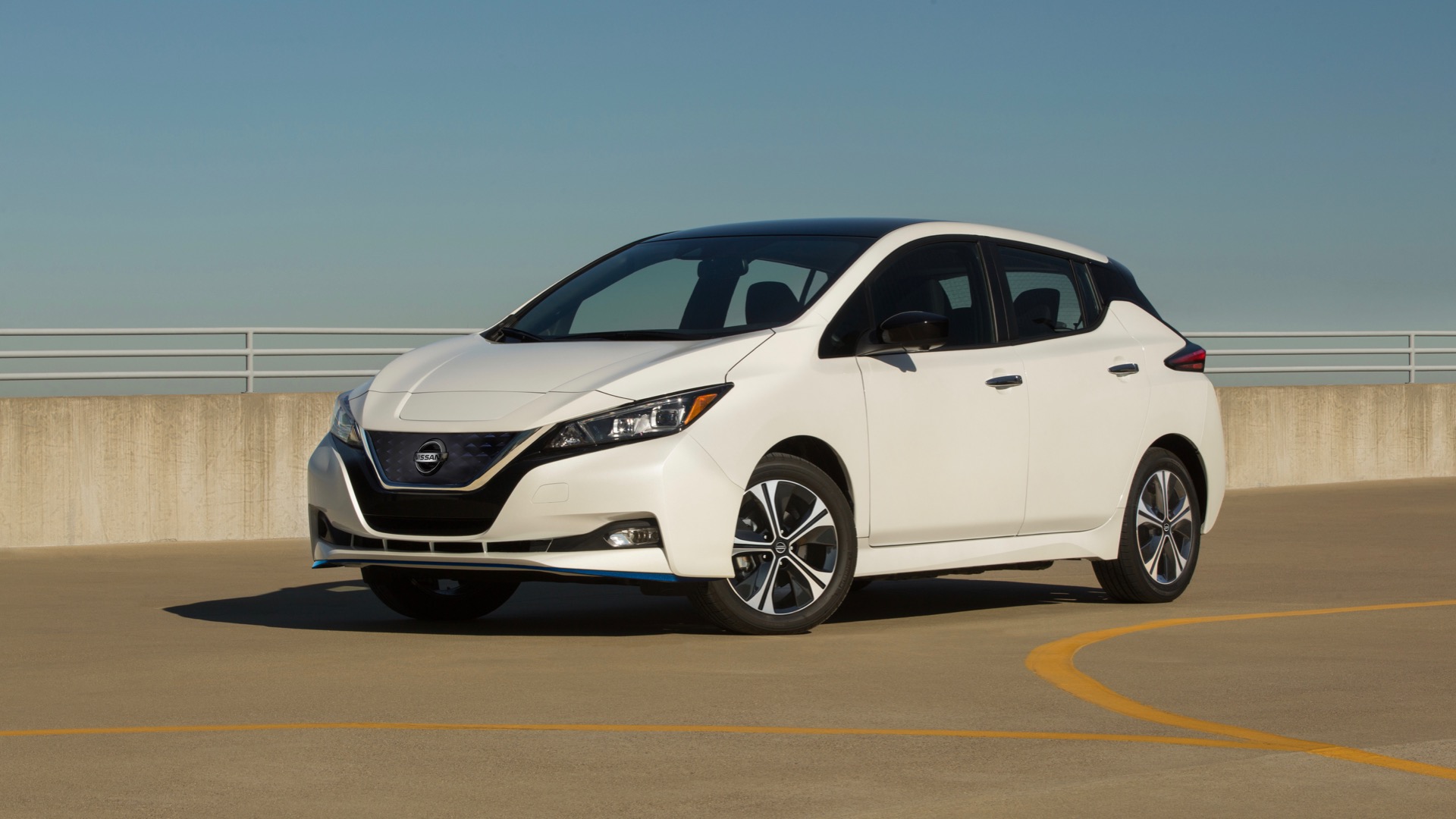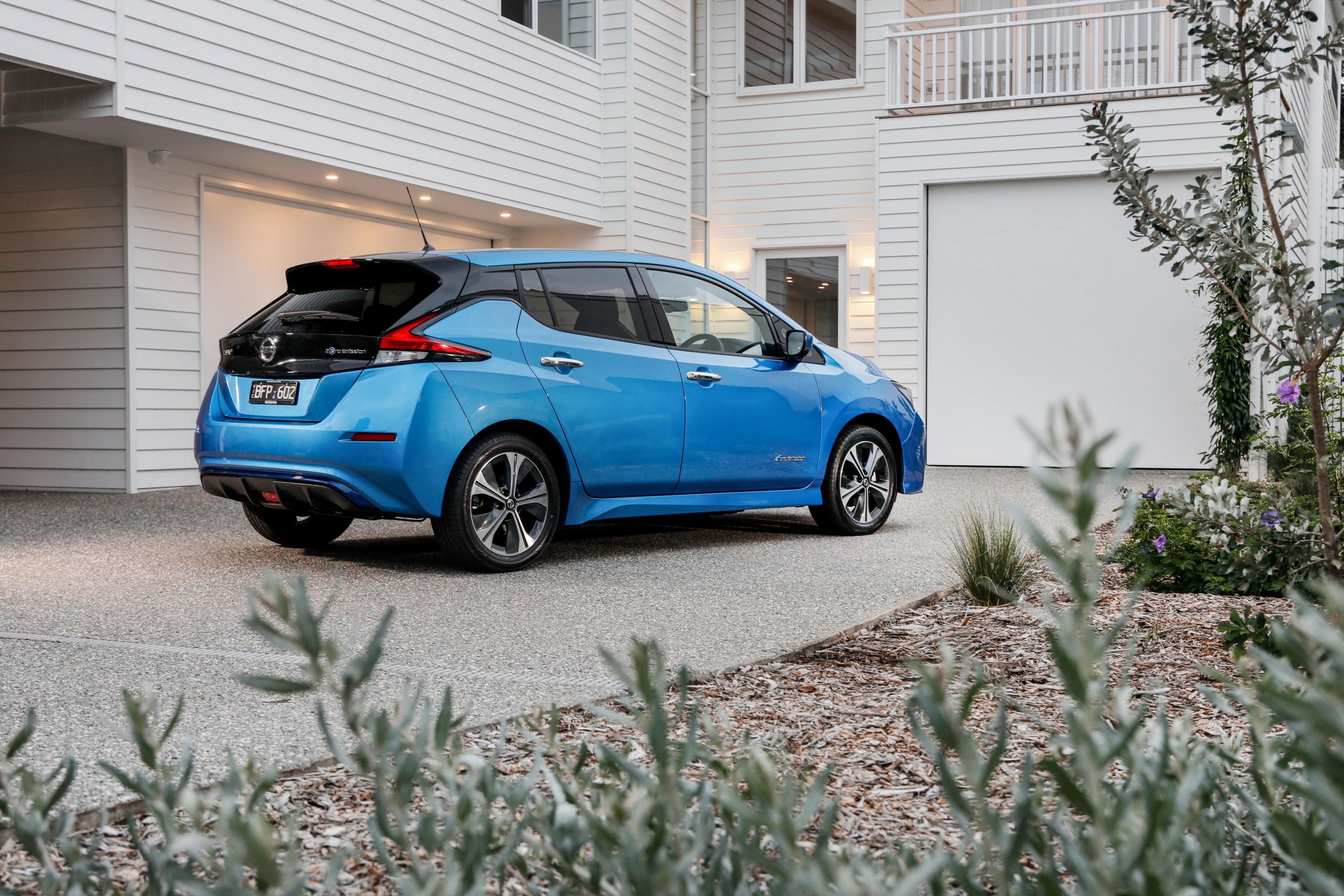

Nissan was one of the first mainstream brands to launch a relatively affordable electric car with the original Leaf back in 2011. It's also significantly cheaper, and better value as a result, since the premium over a petrol car is a lot lower. Having a high-capacity battery will really come in handy on a longer commute involving a lot of motorway, on if you live quite far out.įor most buyers though, the standard Nissan Leaf provides ample performance, decent (if not exactly class-leading) electric range, and the same smooth, responsive driving experience as the pricier Leaf, and charges quicker. Nissan recently introduced a cheaper Leaf N-Tec edition of this model to lower the purchase price. If the Nissan Leaf is going to be your only car, then it's definitely worth considering the long-range e+ version. It comes with all the features you're likely to need, and the few omissions (such as heated seats and parking sensors) can simply be added by ticking a few option boxes, all while costing less than the next-step up Leaf N-Connecta.

2021 nissan leaf upgrade#
Trim-wise, we doubt many buyers will feel the need to upgrade beyond the entry-level Nissan Leaf Acenta. If you're looking for the older version, you need our used Nissan Leaf (2011-2018) review. A wilfully sensible cabin has a foot rooted in the past, but that makes the Nissan Leaf a perfect entry into electric ownership. It delivers a competent, capable driving experience that holds no unpleasant surprises, except a lowish range. If you want an electric car to feel like a cutting edge step into a shining future, then theNissan Leaf is not for you. It's the best value (undercutting several of the cars we mentioned above) but still comes equipped with almost everything most buyers will need day-to-day. The standard Nissan Leaf comes in three trim levels: Nissan Leaf Acenta, N-Connecta, and Tekna, but unless you want the high-capacity model, we would stick to the first rung of the ladder. The Nissan Leaf's 'e-pedal' regenerative braking system is one of the best implementations we've tried, and it's smooth. It's wonderfully refined, with a comfortable suspension setup, tidy handling and impressive traction, to go with its laidback manners and light controls. In other respects, the Nissan Leaf stacks up very well with these rivals. A Kia Soul EV, Hyundai Kona EV, BMW i3, Renault Zoe, Peugeot e-208 will all travel further on a charge, in some cases by far enough that it could make a real difference to your daily routine. Very few rivals feel as punchy, but many do claim a longer range, especially compared to the entry-level car. It'll keep shifting itself at a rate of knots as you build up to motorway speeds, only tailing off at the top end, helping conserve battery. Floor the throttle and its remarkably rapid, pinning you to your seat from a standstill. Pay a fair wedge more for a Nissan Leaf e+ model, and you get a larger capacity 62kWh battery, a 217PS electric motor that makes the Leaf feel seriously quick, and that cruising range increases to an impressive 240 miles or so. This is on the lower end of what's possible from the latest electric cars, but should be enough for any urban drivers.


As standard, the Nissan Leaf gets a 40kWh (kilowatt hour) battery with a 150PS motor and an official 168 miles of range (real-world mileage may vary). It now comes with a choice of battery sizes too, each with different power outputs and range. The cabin of the Nissan Leaf is roomy enough for four (and five at a push) the boot is above average for a crossover, let alone a five-door family hatch, and as long as you plan your charging carefully, it should be a hassle-free car to own. Despite it looking quite reserved, it's a very strong all-rounder, with fewer compromises than many battery-powered electric cars. Nissan wanted the Leaf to be an ordinary family hatchback that just so happened to have a ground-breaking zero tailpipe emissions powertrain, and its relatively sedate design has been a part of its success. We'll take a closer look at how it compares with our in depth Nissan Leaf review. When it launched back in 2011, it had few rivals - but the current car arrived at a time when the market for EVs is growing exponentially. The Nissan Leaf was one of the first electric cars to break into the mainstream.


 0 kommentar(er)
0 kommentar(er)
